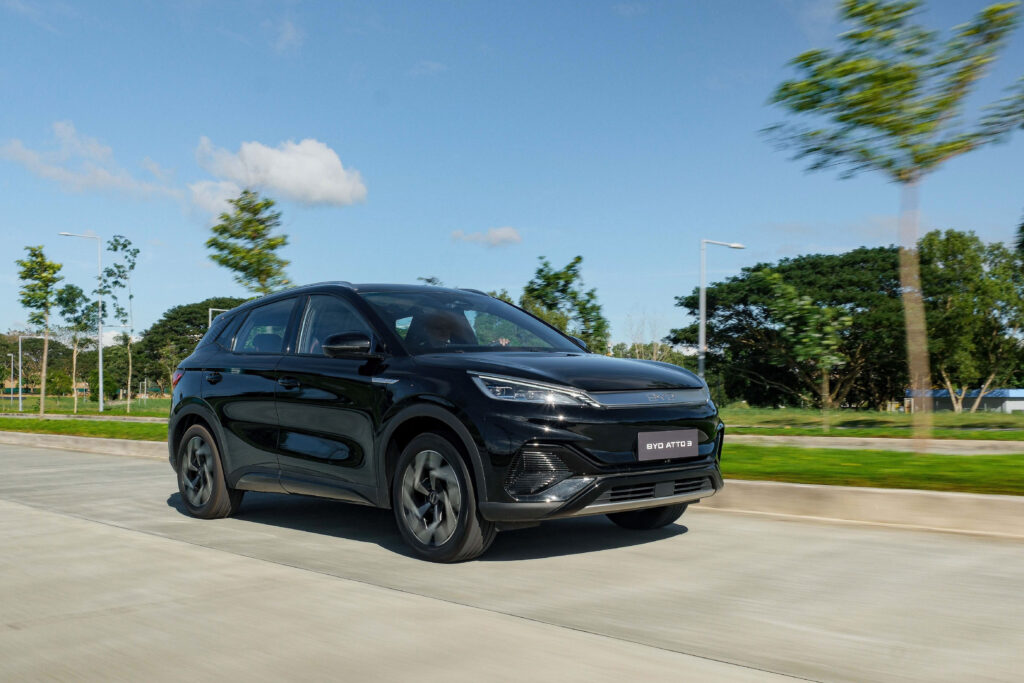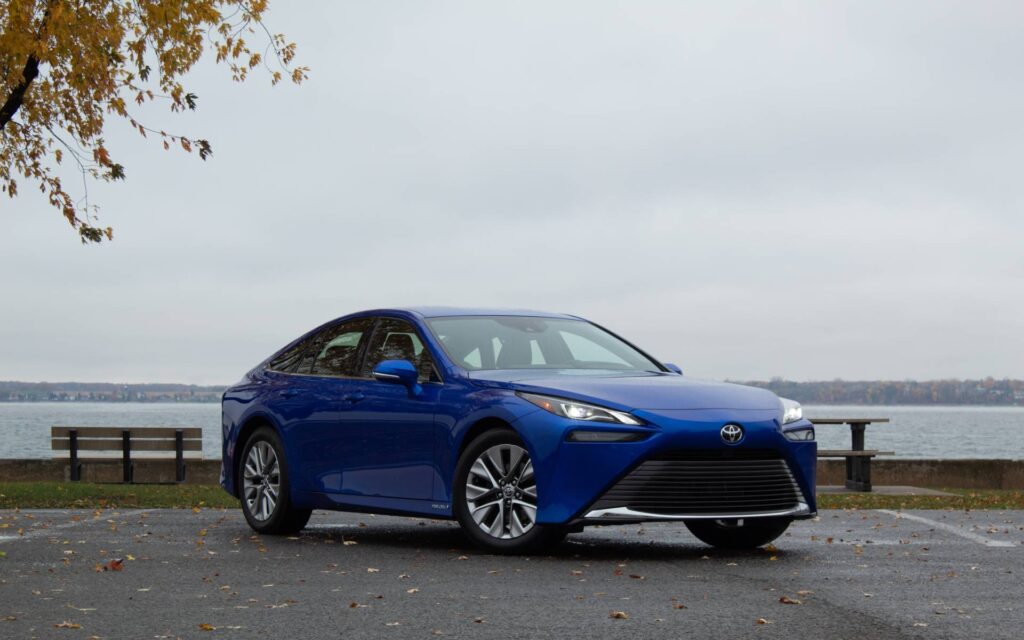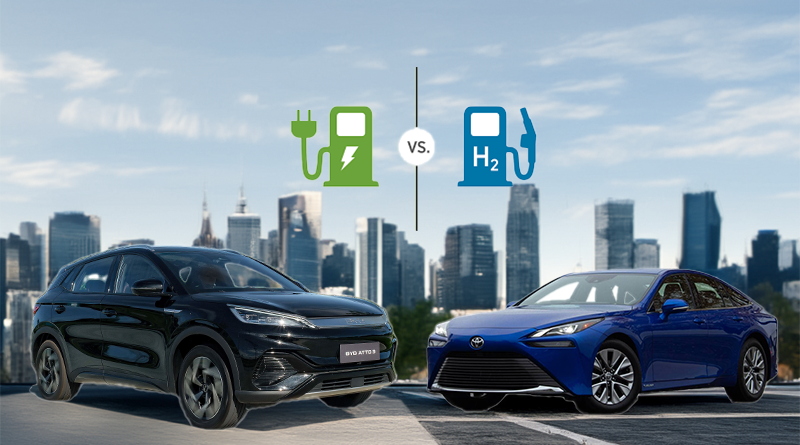Electric vs. Hydrogen: The Future of Cars
Electric vs. Hydrogen: The Future of Cars
The automotive industry is on the brink of a revolution! Electric vehicles (EVs) and hydrogen-powered vehicles are leading the charge towards a greener future. But which one will dominate the roads? Let’s dive into the world of EVs led by BYD and hydrogen power vehicles championed by Toyota to find out!
The Rise of Electric Vehicles (EVs)

Electric vehicles have taken the world by storm! Companies like BYD are at the forefront of this movement. With their innovative technology and commitment to sustainability, BYD is making EVs more accessible and efficient than ever before. The global EV market is projected to reach a staggering $623.3 billion by 2028, with a compound annual growth rate (CAGR) of 9.82%. This growth is driven by advancements in battery technology, government incentives, and a growing environmental consciousness among consumers.
BYD’s Contribution to EVs
BYD, a Chinese automaker, is a key player in the EV market. Their electric buses and cars are known for their reliability and cutting-edge technology. BYD’s Blade Battery, for instance, offers higher energy density, faster charging times, and improved safety compared to traditional lithium-ion batteries. This innovation is making EVs more appealing to consumers who are concerned about range anxiety and charging time.
The Promise of Hydrogen Power

While EVs are gaining popularity, hydrogen-powered vehicles are not far behind. Toyota is leading the charge in this arena with their hydrogen fuel cell vehicles. Hydrogen fuel cells generate electricity by combining hydrogen with oxygen, producing only water vapor as a byproduct. This makes hydrogen vehicles an attractive option for those looking to reduce their carbon footprint without compromising on performance.
Toyota’s Hydrogen Vision
Toyota’s Mirai is a prime example of hydrogen power in action. The Mirai offers a range of over 400 miles on a single tank and can be refueled in just three minutes. This quick refueling time and long range make hydrogen vehicles a viable alternative to traditional gasoline cars. Toyota is also investing heavily in hydrogen infrastructure, ensuring that drivers have access to refueling stations.
Comparing EVs and Hydrogen Vehicles
So, which one is better? It depends on your needs and priorities! EVs are great for short to medium-range driving and are becoming more affordable thanks to advancements in battery technology and government incentives. On the other hand, hydrogen vehicles offer longer ranges and quicker refueling times, making them ideal for long-distance travel.
Challenges and Opportunities
Both EVs and hydrogen vehicles face challenges. For EVs, the main hurdles are battery costs, charging infrastructure, and range anxiety. For hydrogen vehicles, the challenges include hydrogen production, storage, and distribution. However, both technologies have immense potential to transform the automotive industry and reduce our reliance on fossil fuels.
The Future is Green
The future of cars is undoubtedly green! Whether it’s BYD’s electric vehicles or Toyota’s hydrogen-powered cars, the shift towards sustainable transportation is inevitable. As technology continues to evolve and governments push for greener policies, we can expect to see more EVs and hydrogen vehicles on the roads.
The race between EVs and hydrogen vehicles is heating up! While both have their strengths and weaknesses, the ultimate goal is a cleaner, more sustainable future. Whether you choose an EV or a hydrogen vehicle, you’re contributing to a greener planet. So, what’s your pick?


